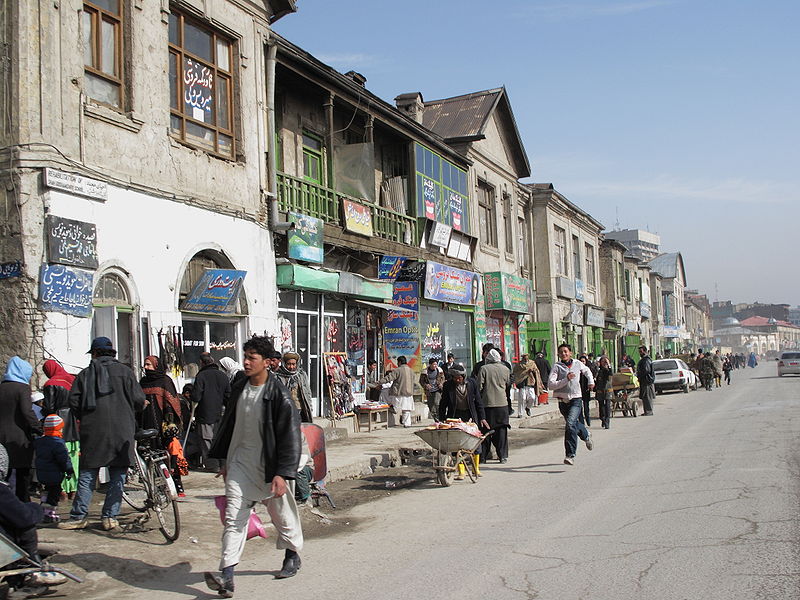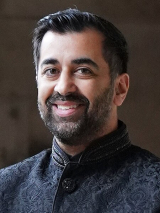
In a groundbreaking legal battle that captivated the nation, Ben Roberts-Smith, Australia's most decorated living soldier, has suffered a significant blow as he lost a
historic defamation case against three major newspapers. The publications had accused him of committing war crimes during his service in Afghanistan.
The civil trial marked the first time an Australian court assessed allegations of war crimes committed by Australian forces. In a ruling by Justice Anthony Besanko, it was determined that four out of six murder allegations against Roberts-Smith were found to be substantially true. These included shocking acts such as kicking a handcuffed farmer off a cliff, shooting a captured Taliban fighter multiple times in the back and using his prosthetic leg as a trophy, and being involved in two murders ordered or agreed upon to initiate new soldiers.
However, the judge found that the newspapers failed to prove two other murder allegations, as well as reports of Roberts-Smith assaulting a woman with whom he had an affair and making a threat against a junior colleague. Nevertheless, additional allegations of unlawfully assaulting captives and bullying peers were deemed true by the court.
It is important to note that despite these findings, Roberts-Smith has not faced criminal charges in a court of law, where the burden of proof is higher. The 44-year-old war veteran, who left the defense force in 2013, was not present for the judgment.
Following the decision, a Taliban spokesman used the case as evidence of "uncountable crimes" committed by foreign forces in Afghanistan. However, he expressed skepticism about any global court pursuing these claims. Australia's Defense Minister Richard Marles declined to comment, stating that it was a civil matter.
Ben Roberts-Smith gained national recognition as a war hero and was awarded the Victoria Cross in 2011 for his exceptional bravery in combat. However, his reputation was severely tarnished in 2018 when several newspapers, including The Sydney Morning Herald, The Age, and The Canberra Times, published articles detailing his alleged misconduct between 2009 and 2012.
The defamation trial, often referred to as the "trial of the century," lasted a staggering 110 days and is rumored to have cost up to A$25 million. Over 40 witnesses, including Afghan villagers, government officials, and current and former SAS soldiers, provided extraordinary testimony on various aspects of Roberts-Smith's life.
While the case revolved around the allegations against Roberts-Smith, it also shed light on the secretive workings of Australia's elite special forces. Testimonies revealed a "code of silence" within the regiment, which discouraged reporting of potential misconduct. Some soldiers defended their actions as necessary, and some witnesses refused to speak about certain allegations, fearing self-incrimination.
The verdict was hailed as a "vindication" by the news outlets involved, who described it as a day of justice for the truth they had reported. Investigative reporter Nick McKenzie, one of the authors of the articles, emphasized the significance of the case in exposing Roberts-Smith as a "war criminal, a bully, and a liar." The Afghanistan Human Rights and Democracy Organization also commended the role of investigative journalism in uncovering the truth and raising public awareness.
The outcome of Ben Roberts-Smith's case comes in the wake of a landmark report three years ago, which found credible evidence of Australian forces unlawfully killing 39 civilians and prisoners in Afghanistan between 2007 and 2013. Similar accusations of war crimes have been made against soldiers from the UK and the US in recent years.
As Australia continues to grapple with allegations of war crimes committed by its military personnel, the Roberts-Smith case is seen as a pivotal moment that sets the stage for further investigations, prosecutions, and potential convictions in the coming years. Photo by Christopher Killalea, Wikimedia commons.







































